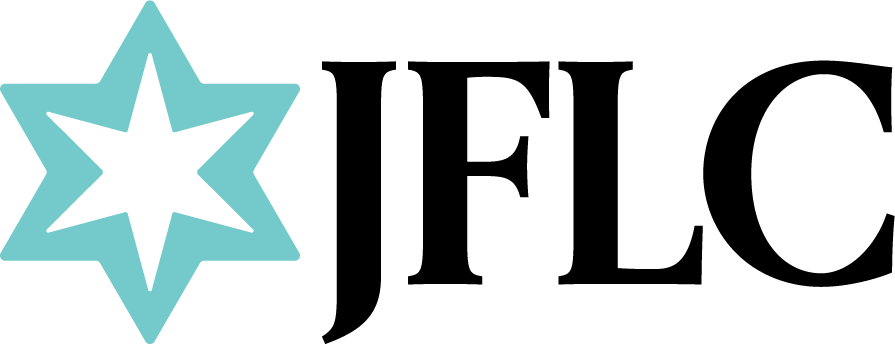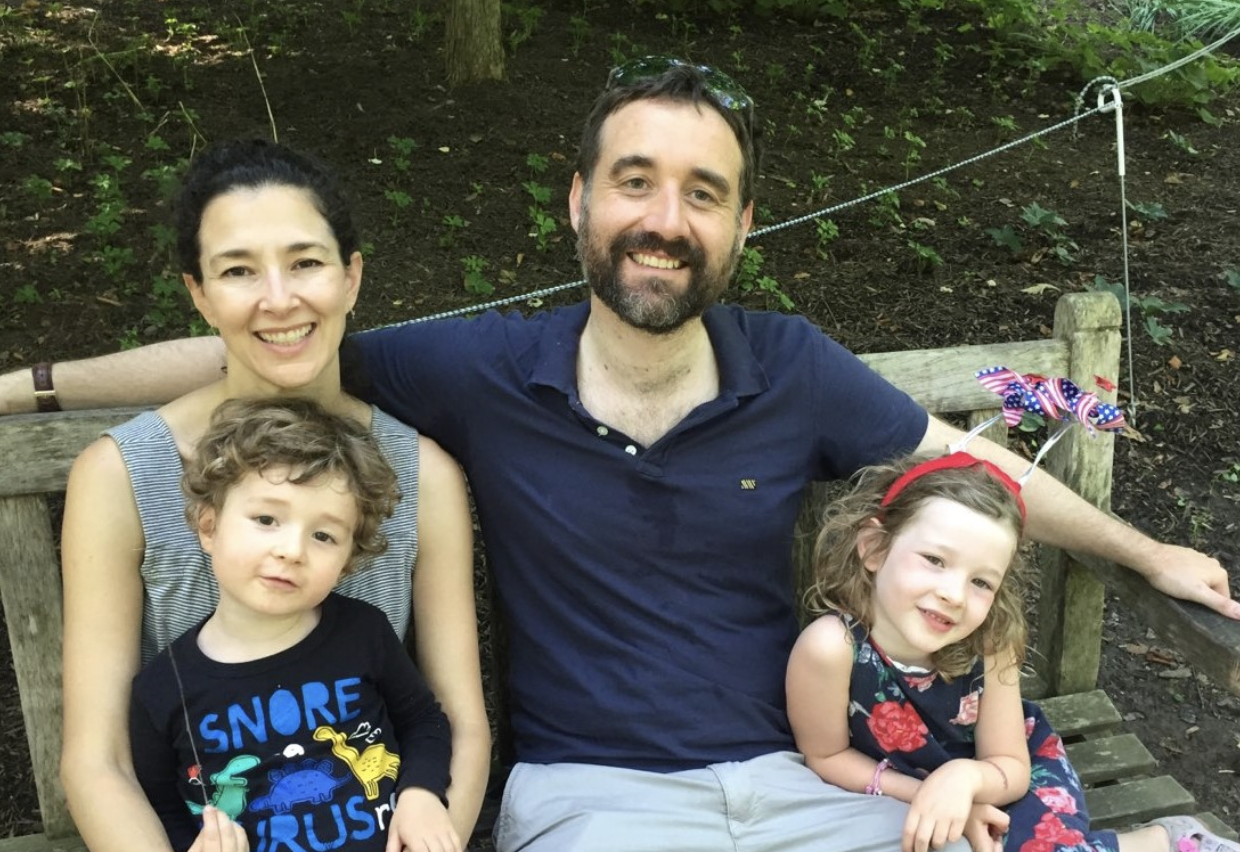Compassion and Community Empowerment: An Interview with Rabbi Adir Glick
Gabby Smith, a JFLC summer intern, interviewing Rabbi Glick over Zoom.
Rabbi Adir Glick has served as the Solomon Family Rabbinic Chair at Temple Har Zion in River Forest, IL since August 2015. A Jerusalem native, he has lived in Israel, France, England, Canada, and India. Before he became a rabbi, he was a journalist for the Jerusalem Post. Rabbi Glick joined JFLC summer intern, Gabby Smith, to discuss a formative experience he had during his time at rabbinical school: receiving two interest-free loans from a Jewish free loan agency in Los Angeles.
JFLC: When you think back on the experience of receiving these loans, how do you think it affected your life in the long run?
I think back on it, and here was an organization that was lending me money completely interest-free. That felt like a mitzvah, what they were doing. The way it was all organized— the fact that it was interest-free, the way the payment plan worked, the entire service— it just left me with a really positive feeling. It was a big help. It didn’t feel like I was dealing with a big bank— they were thorough, but they were compassionate. What a difference it would make if more people had access to this kind of experience, because we all go through periods in our lives where we need a little bit of help to realize our goals and our dreams.
“It didn’t feel like I was dealing with a big bank— they were thorough, but they were compassionate.”
JFLC: As a rabbi in Chicagoland, how do you think a local, non-sectarian Jewish free loan association like JFLC could impact the Jewish community and beyond?
I remember being surprised to hear that Chicago does not have an interest- free Jewish loan society because of how valuable it was to me at that moment. In my work as a rabbi I often interact with Jews who are going through periods in their lives where there is a need for funds, either for themselves or for their families, their children. There’s always unexpected healthcare costs— you know, so many things can happen in life. People will not always want to turn and ask for tzedakah (charity) money; they want to be able to pay it back, and this is one way to do it that fulfills that want.
There are also people within the Jewish community that are very needy. Every now and then, I try to help a member of the community on their path to finding job security and a secure place to live. The help that they are asking for is fairly substantial, and oftentimes, banks won’t loan them the money that they need. The amount that they are asking for is beyond what rabbis typically give from discretionary funds.
Jewish free loans can help fill an important gap without making people feel like they are taking on an additional burden, whether it is to buy a car to get to a new job or put down a down payment for an apartment. I think outside of the Jewish community, the need is huge and the possibilities are endless. There are a lot of people out there who just need that little extra bit of assistance to be able to thrive in their lives and to flourish.
Often people end up in situations that are not to their advantage when they need capital, and being part of a process that is user-friendly and geared towards helping them can make all the difference.
Rabbi Glick with his family in Chicago.
JFLC: How do you think the act of loaning money interest-free to community members aligns with Jewish teaching and values? What is particularly Jewish about this practice?
“Zero-interest loans reflect our deepest and oldest values and translate them into a modern world of ethics and morals.”
First of all, it is a Torah value to lend money to your fellow without charging interest– it says so in the Torah directly. It also says in the Torah, “one should not oppress one’s fellow” and that there should be no poor in your community, but if there were to be a poor person, you should give out your hand to help them. So, I think that zero-interest loans reflect our deepest and oldest values and translate them into a modern world of ethics and morals.
Furthermore, it says in the Talmud that one should help the poor in one’s city first. For the poor in our city, Chicago, this is a means of helping people. We have this Jewish value that the highest form of tzedakah is to give in a way that will help a person then be able to sustain themselves. These loans are a means to potentially help people sustain themselves, so I think it’s a very good use of tzedakah funds.
JFLC: How special is it that something in the Torah, written thousands of years ago, can be put into practice today in such a literal way. That’s the beauty of Jewish free loans— it’s a timeless way to give back to and connect with our community.
As a Jewish community, we’ve really learned over thousands of years how powerful community is and communal support. In the times that we’re living in, with so much tension and political upheaval and divisiveness, people are turning to their neighborhoods and communities to find normalcy and people who will support and comfort them. Jewish free loans are another way we can help people out while forming deep bonds within our communities and neighborhoods in the process.


